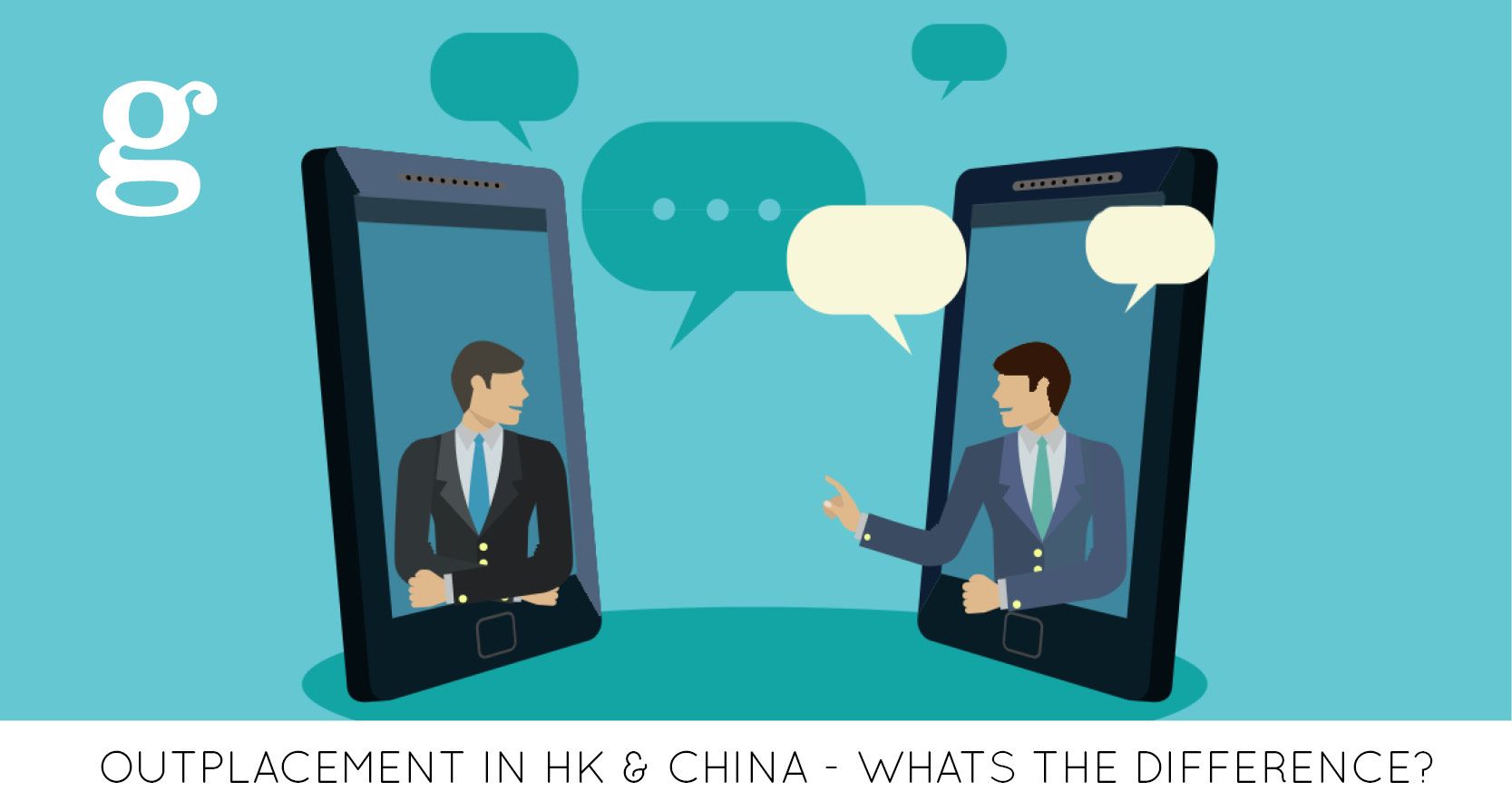Outplacement in Hong Kong and China - What's the difference?

I was asked by one of my clients the other day: “Clement, which do you think is more challenging: Outplacement cases in Hong Kong or in Mainland China?” That kept me thinking for a while, and I thought it would be good to share some of my thoughts in this month’s blog:
Over the last 12 months my team and I handled over 150 outplacement cases in HK and mainland, around 15% of them were offered individual programmes and the remaining employees were offered collective workshops. While it is difficult to draw a line and say which is more challenging, my conclusion was that there are five areas that differ between Hong Kong and the Mainland from my experience and observations:
1. Age
The interpretation of age perhaps is the biggest difference between Hong Kong and the Mainland. While most Hong Kong employees are optimistic and confident enough to find their next job even in their mid-40s, Mainland job seekers in their mid-30s start to feel the pressure of landing their next job, since they feel that companies are reluctant to hire candidates aged over 40 as much younger, better-educated and more competitive job seekers are knocking on the door. On the contrary, in China, employees that are less than five years away from the official retirement age are being protected by the labour law and therefore cannot be dismissed unless the company closes down, while Hong Kong’s labour law does not offer such protection.
2. Marriage and family status
Similar to point 1, job seekers in China are concerned about their competitiveness when they are married or have kids. Some candidates gave real-life examples of being questioned by a hiring manager on their commitment and flexibility before. In Hong Kong, however, having a family might actually be a vote of confidence for HR, as the general opinion is that these candidates tend to be more stable than unmarried candidates, due to having to provide for their families.
3. Social security
Although both Hong Kong and Mainland employers and employees are required to contribute part of their salary into some sort of insurance scheme, when it comes to unemployment support, the social security system in China offers swift support to employees affected by redundancy, where offering unemployment benefits within weeks after losing their job. Whereas in Hong Kong, unemployment benefits are offered through the Comprehensive Social Security Assistance, and normally take months to process.
4. Compensation package
In China, it is enforced by law that employees who worked continuously for the same organisation for at least one year are entitled to compensation. The compensation goes up proportionally with the years of service and could go as high as 12 months’ salary for those who worked for 12 years or longer. Many Chinese employers offer employees additional compensation on top of the mandatory amount in accordance with the labour. Whereas in Hong Kong, the calculation is rather simple: severance pay is calculated by multiplying two – thirds of a person’s monthly income (capped at $22,500) by reckonable years of service.
5. Entrepreneurial opportunities
From my observations, around 30% of impacted employees in China considered starting a new business whereas less than 10% of the Hong Kong employees did so. Providing outplacement support is, in my mind, being a combination of an angel and a devil to impacted employees. We support the delivery of bad news, and subsequently, we offer professional and practical advice and support to prepare for and manage their job search. One thing I am sure of is that the more responsible organisations decide to offer professional outplacement support, the more impacted employees will be in good hands!
Want to know more? Drop me an email/InMail!





